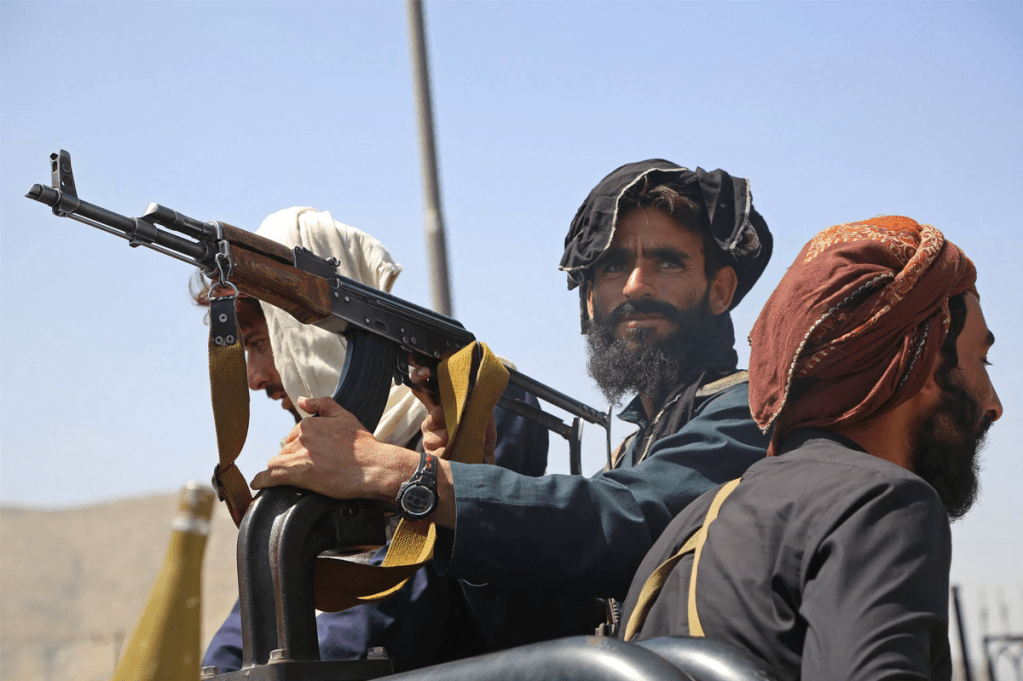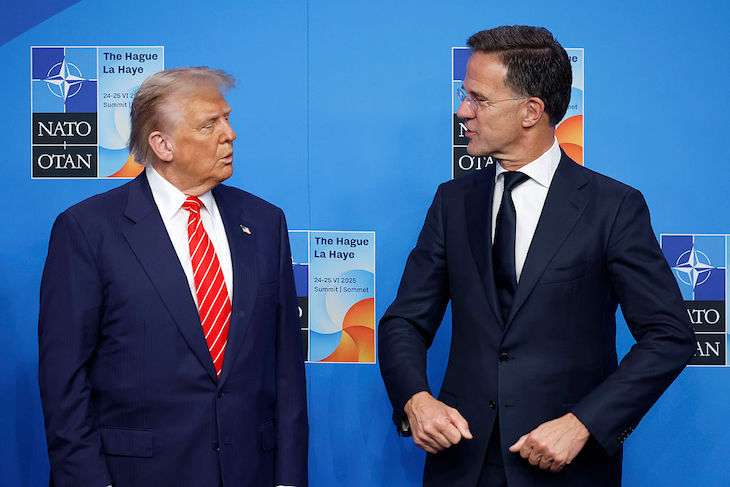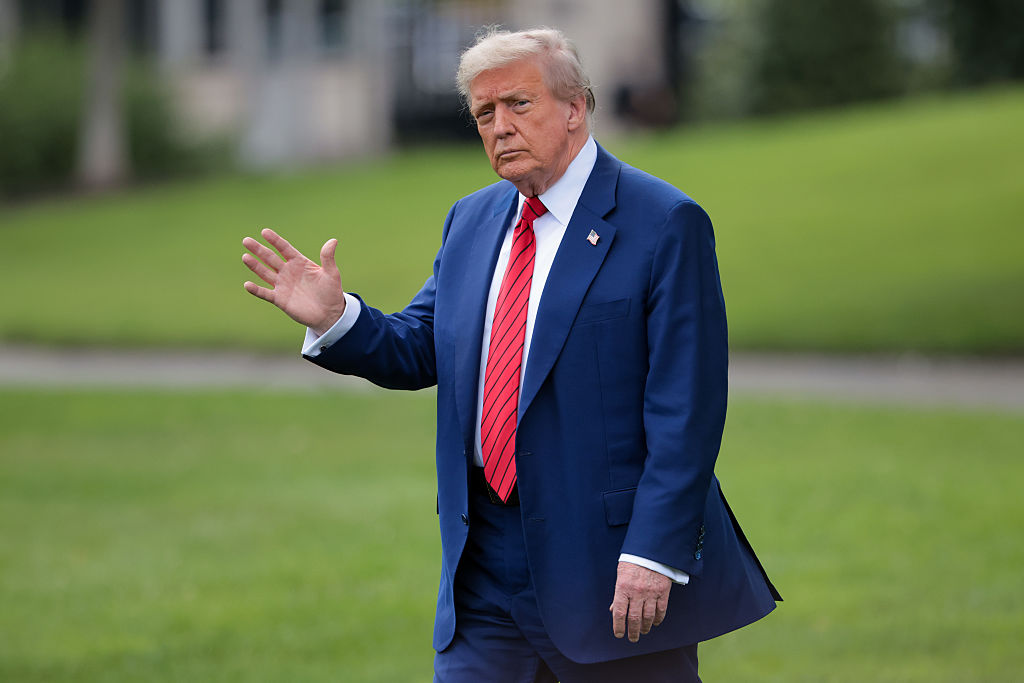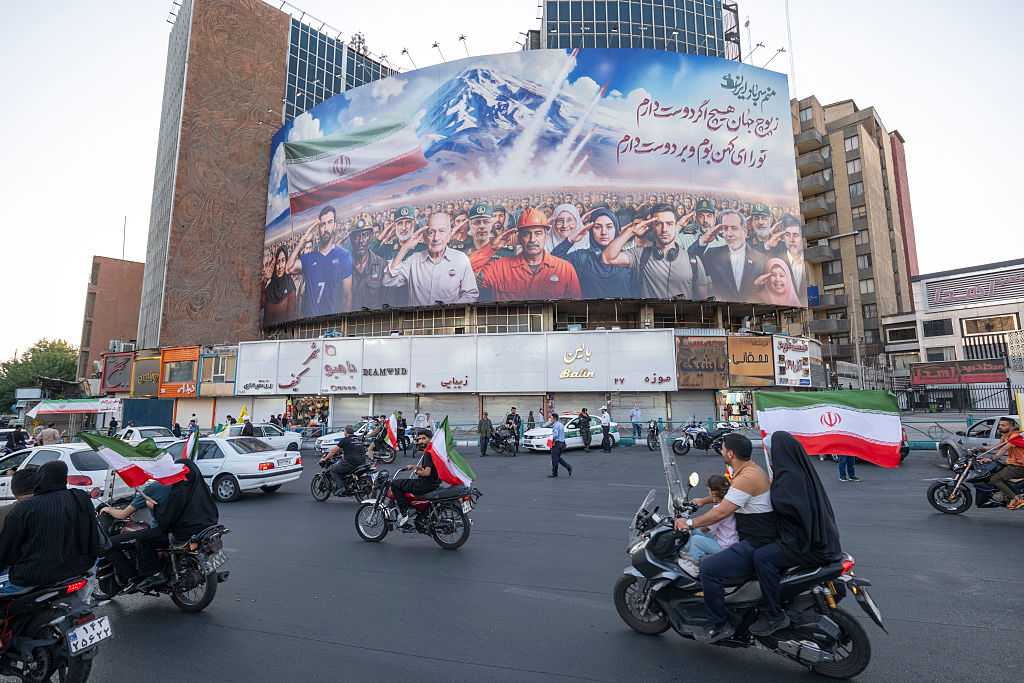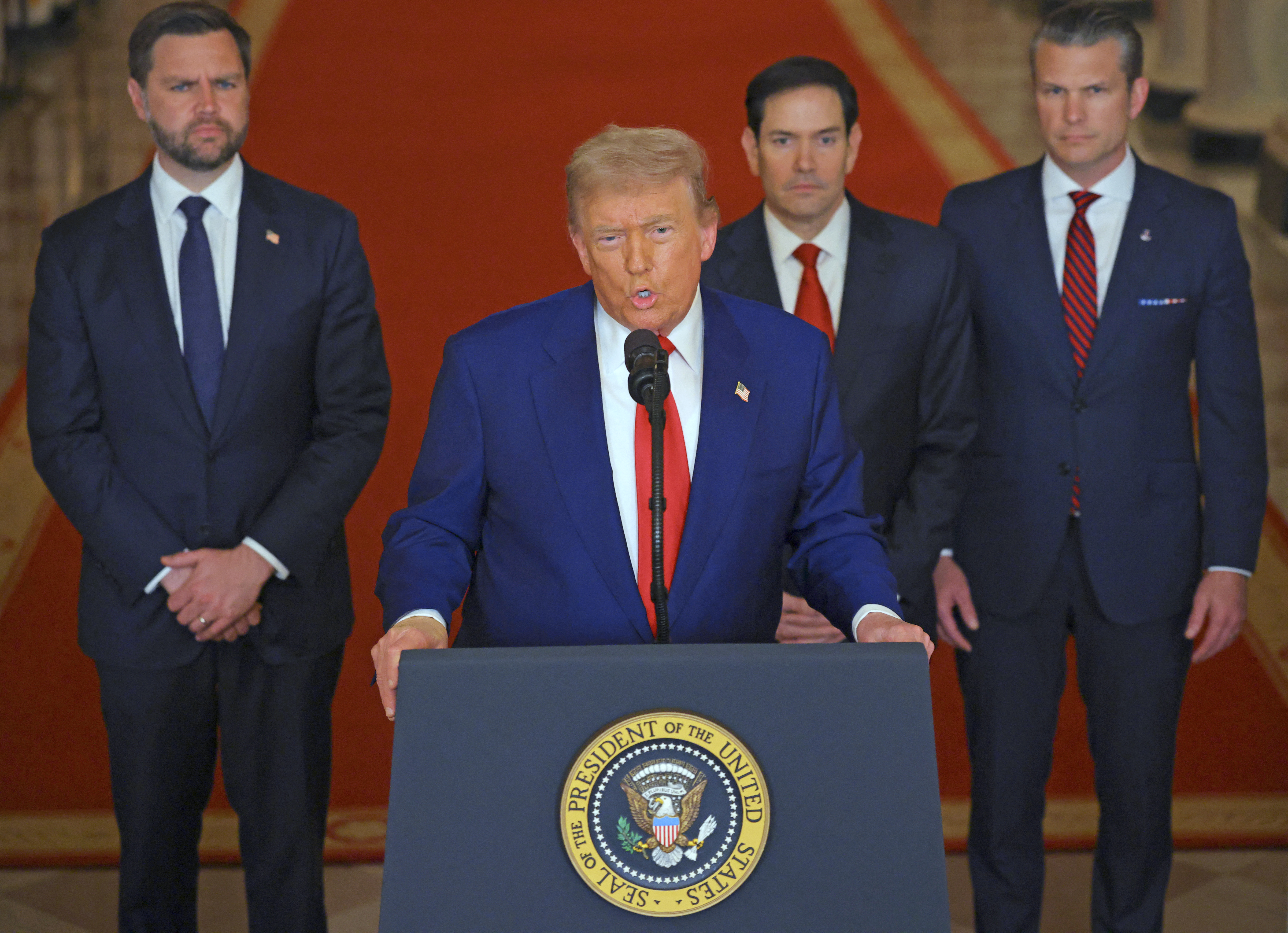Afghan women’s meetings on Zoom with their supporters outside the country often now end in tears as the stories of Taliban rule are too hard to bear. One prominent regional woman’s leader was beaten by her own younger brother. He said she could not go out on her own without a male relative and needed to cover more of her face and head. “I brought him up as if I was his mother,” she said in shock and humiliation. This is self-policing of a society in fear.
It is a year since President Ashraf Ghani fled the country, telling no one and precipitating the swift collapse of his government. Speaking for the first time on the circumstances of the fall, General Sami Sadat, who was put in charge of the defenses of Kabul in the last days before the collapse, said that on August 15 he drove to the presidential palace to see for himself when he was told the president had gone. On his way back to his base he called the head of the Air Force, General Fahim, ordering every aircraft into the air to prevent the Taliban coming into the city. Fahim said to him, “Commander, we don’t have any aircraft.” Sadat said, “What do you mean?” “They have all flown to Uzbekistan and Tajikistan,” Fahim said. The pilots saved their own lives and kept their planes out of the hands of the Taliban. That is when it became clear to Sadat that it was all over.
But for former Afghan commanders like him America’s betrayal began more than a year earlier when the Taliban were legitimized by the Doha deal. His American advisiors then cut the supplies of ammunition available and told him to stop offensives against the Taliban, to “give peace a chance.” American maintenance and other vital support went even before American troops pulled out in August. The Taliban were only held back by robust defense of the republic in one or two places, notably under the command of Sadat in Helmand before he was brought up to Kabul. Elsewhere the Afghan army, its morale hollowed out by corruption, dissolved in the face of Taliban advances.
A year after the withdrawal there is an overwhelming sense of loss as the Taliban have entrenched themselves in power. Fawzia Koofi, an Afghan MP who was on the government negotiating team said, “I was more hopeful last year.” Koofi stayed in Kabul for a few months after the fall of the Ghani government trying to continue dialogue with the Taliban, but realized it was fruitless.
The shock is worse because real progress had been made in the last twenty years — and not just for urban women. Expectations of equal access to education and jobs across the country are different from when the Taliban were last in power in the late 1990s. Despite many faults, in particular corruption, the Afghan republic before its fall on August 15 last year had allowed the development of a new society in Afghanistan. “Civic space was there, free media was there,” said Nargis Nehan, a woman’s leader with deep ties to women’s networks across the country. “Now we are losing these things every day.”
The Taliban’s refusal to allow girls’ schools reminds me of the excuses made for not opening them in the 1990s. Taliban leaders would tell me that they would be opened “when the time is right.” That time never came.
Failure to educate girls is the most visible sign of the drastic change — activists have counted thirty separate restrictions on the lives of women. In the latest, announced this week, women in government jobs were told to send a male family member to fill the role instead of them, whether that man was qualified or not.
The idea that “Taliban 2.0” would somehow be less restrictive than when they were in power in the late 1990s was always a fantasy without foundation, as I wrote here a week after they took power last year. It was a comforting illusion, particularly for US presidents, both Trump and Biden, who abandoned Afghanistan and wanted to believe they had not betrayed its people.
A UN report last month detailed how far Afghanistan has fallen. It outlined systematic arbitrary and widespread use of violence by the Taliban state: torture is routine in prisons; members of the former government have been hunted down and killed; a woman who complained to the police of sexual assault by her brother-in-law was lashed in public and forced to marry him; a couple were stoned to death for adultery; a man and woman stopped at a checkpoint who were not married were arrested, and their mutilated bodies found the next day.
The grim truth is that the Taliban need to promote this level of violent control in order to shore up their recruitment base in the face of competition from other groups such as the Islamic State. They promoted violence as a means of control when they were an insurgent militia and are no less violent in power. When the Taliban’s reclusive leader Hibatullah Akhunzada recently made a speech announcing a return to harsher punishments, including amputation for theft, there was an upsurge of support on Afghan social media.
At the same time the Taliban have failed basic tests of governance. They took over sophisticated modern systems of accounting across Kabul and have no capacity to manage them. To take one indicator, maternal and child mortality is soaring again as the health system has been starved of cash, and there is no sign that the Taliban are worried about this. After all, it affects the lives only of women. The World Health Organization warn that “all progress in health outcomes may be lost.” The economy has collapsed. International investment is negligible. More than half of a population of some 40 million people now live in what the World Food Program call “acute food insecurity.”
The international response has understandably been primarily focused on this humanitarian emergency, delivering food and basic medicine. But this leaves other major needs uncovered. International donors, particularly the UN and World Bank, face the dilemma that they need to work through government — a difficult task as not only are the Taliban not recognized as the legitimate government of Afghanistan, but the group and many of its leaders are subject to international sanctions. The discovery of the al-Qaeda leader Ayman al-Zawahiri in a house under the control of the Taliban minister of the interior Sirajuddin Haqqani makes the lifting of sanctions less likely.
Beyond food aid, the best kind of development spending would be to support media and civil society groups, in particular those promoting women’s interests. This kind of spending is cheap and would assist Afghan society to withstand the shock of the Taliban takeover and hold onto the advances made in the last twenty years.
But western donors have compounded the betrayal of the abrupt departure by not robustly supporting those civil society organizations that could provide resilience and local peace-building. Four out of five women’s organizations have closed their doors. It is a similar story in the media, where those organizations that remain open have no revenue streams and desperately need international support to continue their brave work of holding the Taliban to account.
Part of the reason for the withdrawal of funding is exhaustion — the aid caravan has moved on, Ukraine makes fresh demands on limited budgets. But Nargis Nehan said that donors use the excuse that they don’t want to pose risks for women by funding them as it would raise their profile, putting them at risk. To her this has no validity. Women’s groups are already well known by the Taliban and have links with them and religious leaders. “Women want to get resources to be able to continue and very peacefully make their voices heard,” she said. “I think they deserve to be supported.” The UK does have a small fund for this kind of assistance. It is a good initiative and should be expanded.
Many Afghan opponents of the Taliban would like support to set up a government in exile. They believe the west to be guilty of double standards. In contrast to the lack of support for opposition now, the Taliban political office was supported in Doha for many years, as the US legitimized their claim on power. A former Afghan MP Fawzia Koofi, who frequently traveled to Doha as part of the government negotiating team, said that it has been far harder for the Afghan republic to organize abroad.
One problem is the lack of an obvious leader. When Ghani fled, the first vice president Amrullah Saleh claimed he was now president. But he is a divisive figure, without wide support even among his own Tajik ethnic group. Other contenders include warlords from the Eighties and Nineties, but they have little support in the new Afghanistan, where most of the population are under thirty years old. The most coherent opposition thinking has been among women’s groups, but Koofi cannot get support even for them. “Women’s groups are now the most organized natural resistance movement against the Taliban,” she said. “We have been asking various countries to give us space but none has responded.” The US recently set up a “consultative mechanism” for Afghan women’s groups, but without funding attached those groups will not exist.
And the need for a coherent constitutional opposition is more urgent as Taliban rule is not stable. The regime represents a coalition of different armed groups far more than it did in the past. One sign of this is a crime wave in Kabul, which would have been unthinkable during the first Taliban administration when they exerted iron control. A year after taking power there are deep fault lines across the Taliban, exposed as never before by the death of al-Zawahiri. Tamim Assey, founder of the Kabul-based Institute for War and Peace Studies, said it is likely that information about his whereabouts was handed to the US by members of the Taliban themselves. “It seems that certain factions within the Taliban are very much against the Haqqanis hosting all sorts of terrorist leaders,” he said.
Divisions in the Taliban lie between those who fought the war and those who negotiated in Doha; between the Haqqanis and those from the south, including the son of the movement’s founder, Mullah Yakoob; and between generations, with the old Kandahar-based leadership from the 1990s most in favor of social restrictions. Assey said “there are indications that the current state of affairs is unsustainable.” He believes there may soon be civil war within the Taliban. That’s when the west will face a tough test on whether to support opposition or risk Afghanistan becoming another Syria.
There is little appetite among western nations to support any opposition to the Taliban, despite their violation of constitutional norms and open harboring of international terrorists. The US and its allies lost the war in Afghanistan. That has understandably sapped international desire for further involvement. The UK has said that it will not support armed opposition to the Taliban, a promise made publicly in return for the release of six Britons who were held in a Taliban jail without charge for six months.
But in the absence of constructive western engagement in alternatives to the Taliban there are plenty of other nations in the region, notably Russia, who will fill the vacuum. It would be the ultimate historical irony if more than forty years after the US funded a jihadist insurgency against a Russian-backed government in Kabul, it were Russia who moved in again.
While the west lost the war in 2021, it did not lose the people, whose outlook and expectations are very different from the narrow fundamentalist straitjacket of the Taliban. And it should be our responsibility, if not to fund an opposition, at least to support those people and civil society groups who want to stand up for human rights, constitutional values and the Afghan republic.
This article was originally published on The Spectator’s UK website.



